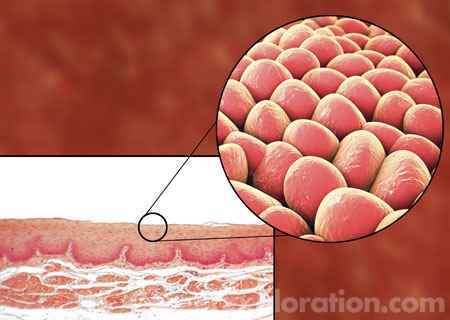
Cell Physiology Major
Cell Physiology Studies is a major program that focuses on the scientific study of physiological processes operating within and among cells, and intracellular communication and behavior, in the context of larger systems and whole organisms.
A major program in Cell Physiology Studies will likely include courses in cell and molecular biology, molecular physiology, cell cycle control, signal transduction, protein structure, membrane biochemistry and structure, ion channel physics, cell respiration and digestion, secretory functions, cell adhesion and communication, information encoding and decoding, and the relation of cell physiology to tissue, organ, and organismic functioning.
What can you do with a major/degree in Cell Physiology Studies?
With a degree in Cell Physiology Studies, you will have career options such as researcher, microbiologist, biology lab technician, instructor, and cellular biologist. However, researchers, cellular biologists, and instructors will likely require a graduate degree for their work.
Trade Associations and Professional Organizations in Cell Physiology Studies:
Professional associations are groups of specialists dedicated to topics in particular fields. Professional associations provide a wealth of online resources, some of which are geared specifically towards students. These organizations typically also host conferences and events, providing great opportunities for learning and networking across your field of interest.
Publications/Magazines in Cell Physiology Studies?
